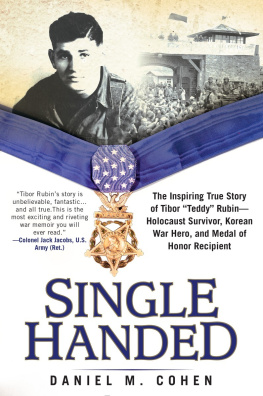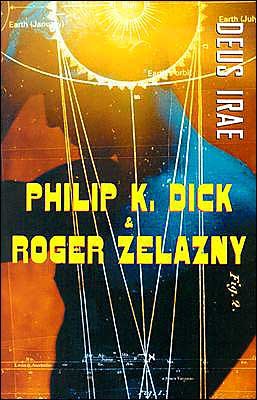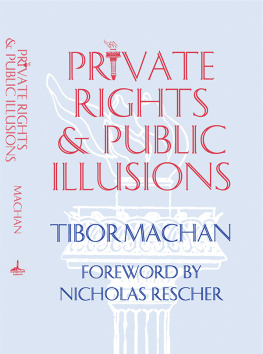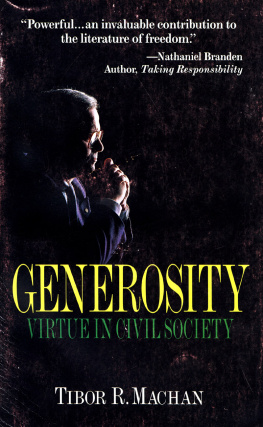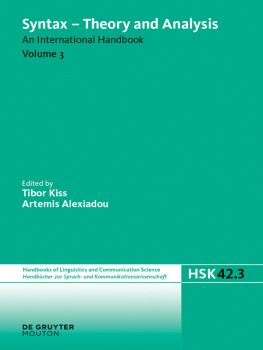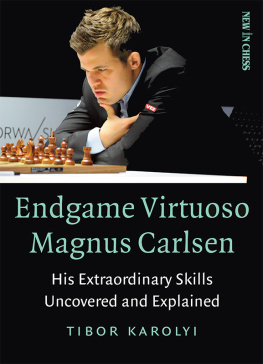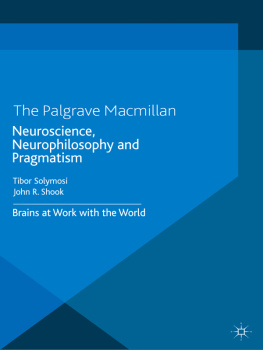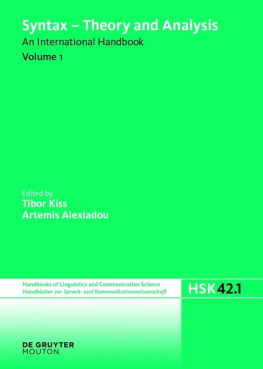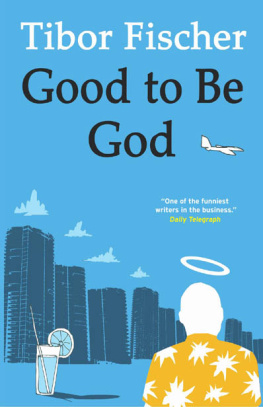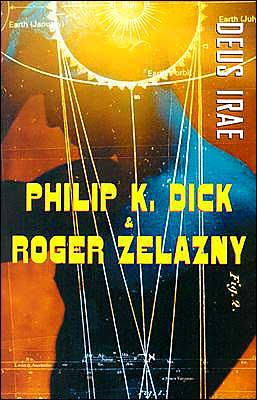THE BERKLEY PUBLISHING GROUP
Published by the Penguin Group
Penguin Random House LLC
375 Hudson Street, New York, New York 10014

USA Canada UK Ireland Australia New Zealand India South Africa China
penguin.com
A Penguin Random House Company
This book is an original publication of the Berkley Publishing Group.
Copyright 2015 by Daniel M. Cohen
Penguin supports copyright. Copyright fuels creativity, encourages diverse voices, promotes free speech, and creates a vibrant culture. Thank you for buying an authorized edition of this book and for complying with copyright laws by not reproducing, scanning, or distributing any part of it in any form without permission. You are supporting writers and allowing Penguin to continue to publish books for every reader.
BERKLEY CALIBER and its logo are registered trademarks of Penguin Random House LLC
eBook ISBN: 978-0-698-18936-2
Library of Congress Cataloging-in-Publication Data
Cohen, Daniel M., date.
Single handed : the inspiring true story of Tibor Teddy RubinHolocaust Survivor, Korean War hero, and Medal of Honor recipient / Daniel M. Cohen.First Edition.
p. cm.
Includes bibliographical references and index.
ISBN 978-0-425-27975-5 (hardback)
1. Rubin, Tibor, 1929 2. JewsHungaryPsztBiography. 3. Jewish children in the HolocaustHungaryBiography. 4. Holocaust, Jewish (19391945)HungaryPersonal narratives. 5. Jews, HungarianUnited StatesBiography. 6. Holocaust survivorsUnited StatesBiography. 7. Korean War, 19501953Biography. 8. Jewish soldiersUnited StatesBiography. 9. Prisoners of warUnited StatesBiography. 10. Pszt (Hungary)Biography. I. Title.
DS135.H93R833 2015
951.904'242092dc23
[B]
2014044601
First edition: May 2015
While the author has made every effort to provide accurate telephone numbers and Internet addresses at the time of publication, neither the author nor the publisher is responsible for errors, or for changes that occur after publication. Further, the publisher does not have any control over and does not assume any responsibility for author or third-party websites or their content.
Version_1
For Manley and George,
two brothers who served in different wars.
You are always in my thoughts.
W ASHINGTON, 2005
W hen the old veteran stepped out of the limousine, he hurt all over. His bad knee was the size of a softball. Both hips ached. His hands burned with arthritis, especially the right one, which was still riddled with shrapnel. Arterial sclerosis shortened his breath and jet lag made him weary and light-headed. With every step, his feet throbbed from neuropathy.
The former corporal had been hospitalized five times the previous year. His prognosis, on a slew of ills from heart disease to diabetes, was not good. But he had advised the doctors not to worry; he had taken matters into his own hands and had decided to live. He soon proved that he was stronger than his ailments, and now, as he entered an elegant drawing room, each new sensation, from the hum of excited conversation, to the clouds of sweet perfume, to the rustle of expensive suits, erased a little more of his chronic pain.
The old soldier would have preferred a seat, but his instructions were to stand. Remaining on his feet was a challenge, but it offered him a good view of the crowd. The people who meant the most to him were right up front; his wife, Yvonne, and their two kids; Dick and Leo, his only buddies still alive from Korea; Bud, the vet whom he had dubbed his chief of staff; and Michelle, the activist who had guided him through twenty years of soul-numbing setbacks. Finally there was his sister-in-law, Gloriathe last survivor of his immediate family, a woman who had never liked him and probably still considered him a womanizing bum. The other hundred and fiftyhigh-ranking bureaucrats, rows of men and women in dress uniforms that looked freshly delivered from the dry cleaners, a smattering of bearded rabbiswere strangers. He nodded at one and all just the same.
A flurry of flashbulbs lit the room. Guests rose in a wave. The veteran squared his stance and put on a smile for President George Bushthe younger Bushwho entered briskly and took a place near the podium. Then a chaplain opened the ceremony. Almighty God, we are never beyond the touch of Your hand...
God, again. Over the past seven decades the old man had prayed to, argued with, and on occasion angrily cursed Him. In his lowest moments hed sworn that if they ever met, hed sue Him. Recently, hed pretended that He didnt exist. But now He was back. For better or worse, God had followed him to the White House.
The chaplain continued. We have joined here to honor a great soldier and American hero, Corporal Tibor Rubin...
After the benediction President Bush spoke affectionately about a Hungarian teenager who had survived a year in a German concentration camp, emigrated to America, joined the U.S. Army, and volunteered for service in the Korean War. Then came a remarkable service record.
Tibor Rubin defended a hill single-handedly against a massive onslaught of North Koreans. Later, he manned a machine gun and held off waves of attackers on his own. Then, after his capture by the Chinese, he helped fellow GIs to survive two and a half years of captivity. He used knowledge gained in the concentration camp to nurse sick buddies back to health and risked his life to steal food for them. And when the Chinese command offered to send him back to Communist Hungary, he declared that he preferred to remain with his American brothers, even though he was not a U.S. citizen.
The president got the high points right, but there were gaping holes in his narrative. He failed to mention the anti-Semitic sergeant who had repeatedly volunteered Rubin for dangerous missions, who had ordered the private to remain with an ammunition dump while the rest of the company retreated. The president did not reveal that this same sergeant had ditched the paperwork from at least two company commanders that recommended Rubin for a Medal of Honor. Nor did the president explain that for twenty-five years the Armys awards division had ignored the eyewitness accounts, notarized statements, petitions, and pleas of veterans organizations and legislators to recognize Rubin for his selfless courage. Was the president aware that, ultimately, it had taken an act of Congress for Tibor Rubin even to be considered for the medal?
When President Bush finished, an army spokesman read the official citation that honored Tibor Ted Rubin for conspicuous gallantry and extraordinary heroism... above and beyond the call of duty. Then, as he had been instructed, the seventy-six-year-old turned to one side, enabling the president to drape the Medal of Honor around his neck. A brief prayer followed, and the ceremony concluded.
It had been more than fifty years since the kid they were honoring had come home from Korea. For most of that time hed been all but anonymous. But now, according to tradition, whenever Tibor Rubin wore his medal, every soldier from privates to five-star generals was to acknowledge him with a salute, and to address him as sir or mister.
As he was escorted to the Pentagon, where he was to be inducted into the Hall of Heroes, Tibor Rubin reflected on the events of recent years. All but two of the handful of veterans who had struggled for so long on his behalf were gone. Did the powers that be, some sitting before him in the best seats, really understand what these men had enduredfirst during the war; then, over the past twenty-five yearsin order to make this twenty-minute ceremony happen? And would it have made any difference had they understood? Maybe. Or maybe not.

